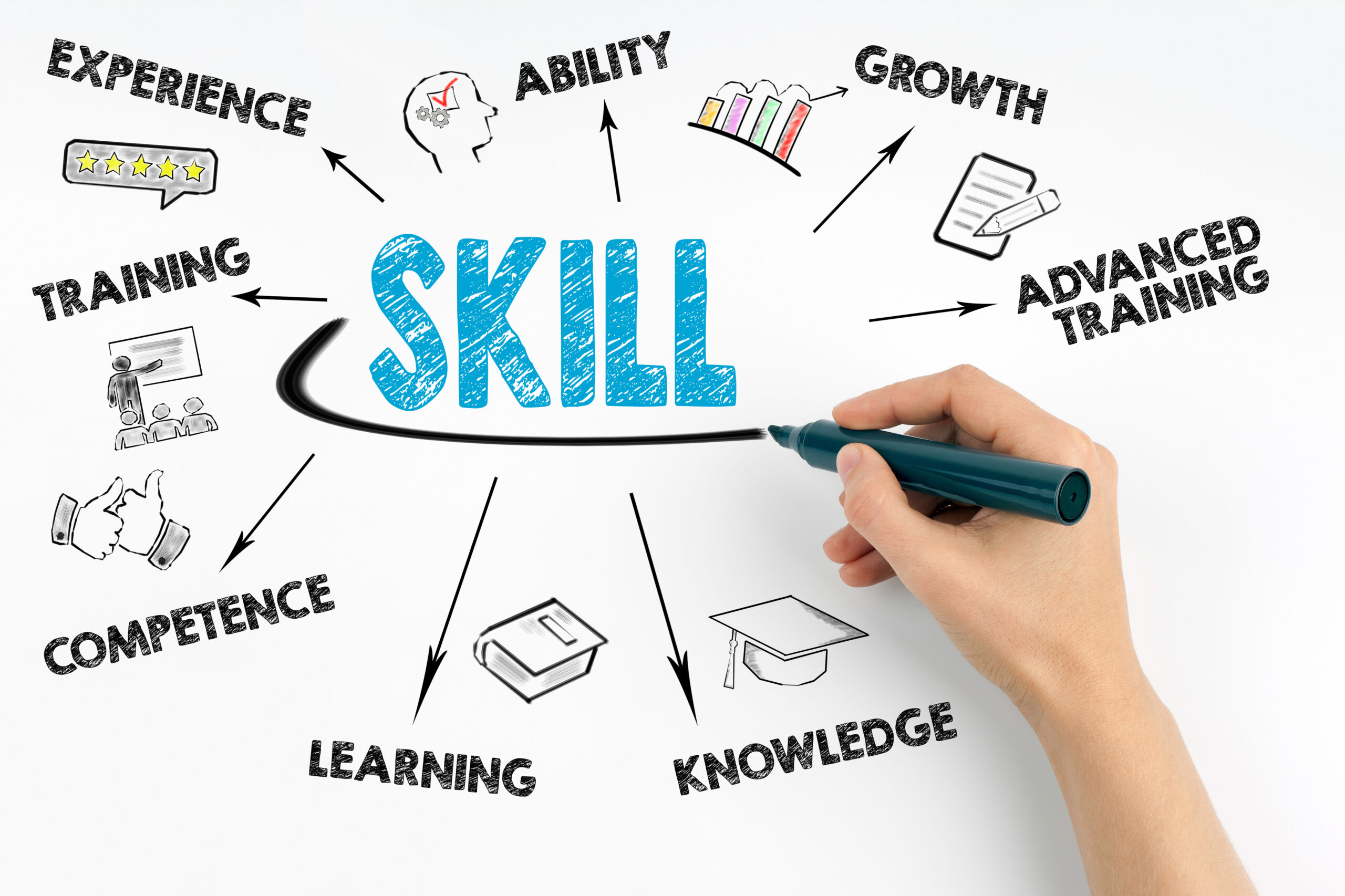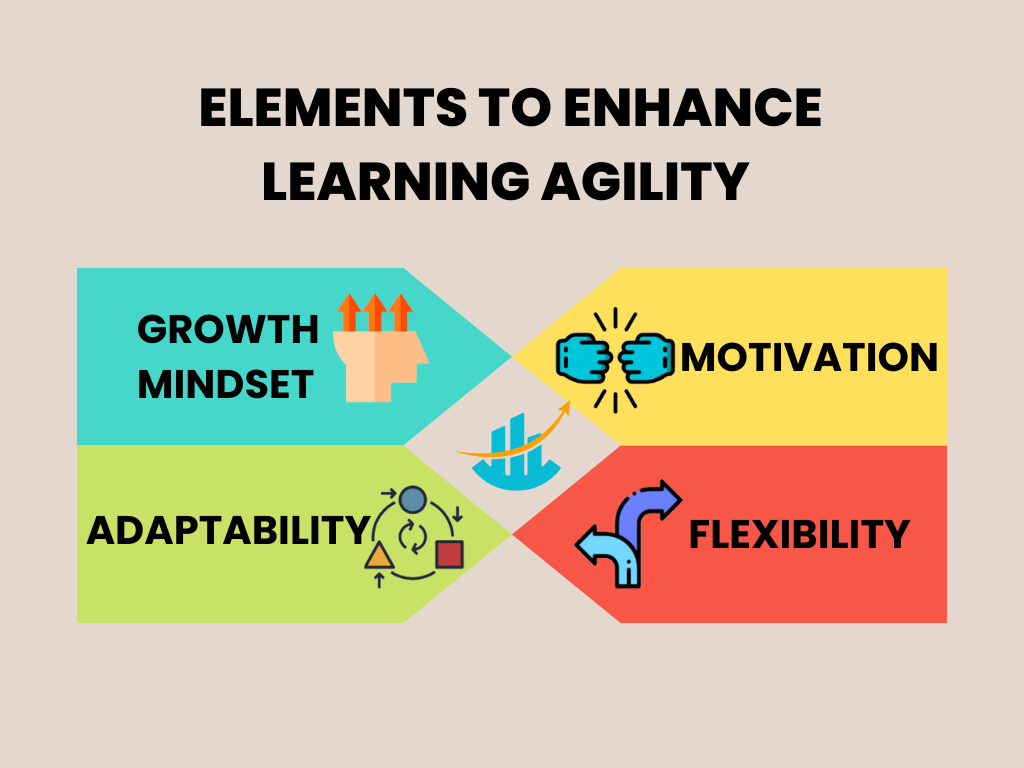In today’s fast-evolving global economy, innovation and entrepreneurial thinking are no longer reserved for business professionals alone—they are essential life skills for every student. Schools are increasingly recognising that traditional rote learning isn’t enough to prepare young minds for a dynamic future. What they need is early exposure to creativity, critical thinking, and real-world problem-solving—and this is where student entrepreneurship education plays a transformative role.
Student entrepreneurship education refers to teaching students the principles of entrepreneurship, innovation, and enterprise through structured learning experiences. It involves more than just business basics—it equips students with the ability to identify opportunities, solve problems creatively, work collaboratively, take initiative, and lead with purpose.
It can take many forms:
-
Classroom-based business simulations
-
Startup pitch competitions
-
Design thinking workshops
-
Mentorship programs with real entrepreneurs
-
School-run ventures and e-commerce platforms
At its core, student entrepreneurship education aims to build a generation of innovative thinkers who can shape their own futures.

1. Fostering Creativity and Innovation Early On
One of the greatest benefits of student entrepreneurship education is how it stimulates creativity and original thinking. Instead of memorising content, students are encouraged to generate ideas, question assumptions, and explore unique solutions to real-life problems.
Whether they’re designing a product or launching a community initiative, students learn to:
-
Think differently
-
Spot gaps in the market
-
Experiment and iterate
This creative freedom fosters innovation, which is the foundation of successful entrepreneurship and is essential in every career field, from tech to healthcare to education.
2. Developing Critical Thinking and Problem-Solving Skills
Entrepreneurship is fundamentally about solving problems. Through student entrepreneurship education, learners are challenged to identify issues, analyse them from multiple angles, and develop feasible, impactful solutions.
For example, a student tasked with creating a business model for a sustainable fashion brand must:
-
Assess market demand
-
Evaluate production costs
-
Research environmental impacts
-
Offer scalable solutions
Such experiences strengthen critical thinking, turning passive learners into proactive, analytical decision-makers.
3. Cultivating Leadership and Teamwork
True entrepreneurship isn’t a solo journey—it’s built on collaboration and leadership. In student entrepreneurship education, learners frequently work in teams, take on leadership roles, and practice delegation, conflict resolution, and consensus-building.
These opportunities help students:
-
Understand group dynamics
-
Appreciate diverse perspectives
-
Lead with empathy and confidence
This hands-on leadership experience is invaluable, whether a student starts a company or leads a project within an organisation.
4. Encouraging Risk-Taking and Resilience
A key lesson of student entrepreneurship education is that failure isn’t final—it’s a step toward success. Students learn to embrace failure, view setbacks as learning experiences, and develop the resilience needed to persevere in the face of challenges.
In a safe and supportive school environment, students:
-
Pitch ideas that may not work
-
Revise business plans
-
Learn from customer feedback
This mindset shift—from fearing failure to embracing it—builds emotional resilience and prepares students for the uncertainties of life and work.
5. Enhancing Financial Literacy and Business Acumen
One of the most practical aspects of student entrepreneurship education is the development of financial awareness. Students learn the fundamentals of budgeting, pricing, profit margins, investment, and sustainability.
These concepts not only help them run school-based businesses but also teach valuable life skills such as:
-
Managing personal finances
-
Understanding economic principles
-
Making informed financial decisions
By demystifying money matters early, students gain the confidence to manage resources wisely and responsibly.

6. Strengthening Communication and Presentation Skills
Whether it’s pitching a startup idea or promoting a product, entrepreneurship requires strong communication skills. Through student entrepreneurship education, students refine their ability to express ideas clearly, persuasively, and with purpose.
Activities like:
-
Elevator pitch sessions
-
Investor presentations
-
Marketing campaigns
7. Connecting Education with the Real World
One of the biggest criticisms of traditional education is its lack of real-world relevance. Student entrepreneurship education addresses this by linking academic learning with practical application.
For example:
-
Math is used to calculate profit and loss
-
English is used to write business plans and promotional content
-
Science supports product development and sustainability
This real-world context gives students a sense of purpose and motivates them to engage more deeply in their studies.
8. Supporting Future Career Readiness
Even if students don’t become entrepreneurs, the competencies developed through student entrepreneurship education are directly transferable to any profession. Companies today value employees who are:
-
Self-motivated
-
Innovative
-
Collaborative
-
Comfortable with ambiguity
By nurturing these qualities, student entrepreneurship education builds career-ready individuals who can adapt, lead, and thrive in a rapidly changing job market.
9. Promoting Social Impact and Ethical Thinking
Modern entrepreneurship is increasingly about making a difference, not just making a profit. Many student entrepreneurship education programs now emphasise social entrepreneurship, encouraging students to launch ventures that solve societal challenges.
Students explore ideas like:
-
Reducing plastic waste
-
Improving mental health support
-
Creating inclusive tech platforms
This fosters ethical thinking, community engagement, and a sense of social responsibility—traits that define the leaders of tomorrow.
10. Empowering Underrepresented Voices
Entrepreneurship can level the playing field. Student entrepreneurship education empowers students from all backgrounds to share their ideas, challenge the status quo, and pursue ambitions regardless of their economic or cultural starting point.
By giving students a platform to create, lead, and build something of their own, this education model promotes equity, inclusion, and self-determination.
11. Enabling Digital Skills and Technology Integration
Modern entrepreneurship is powered by technology. From online marketing to e-commerce and app development, student entrepreneurship education teaches digital fluency alongside business skills.
Students gain hands-on experience with tools like:
-
Canva for design
-
Shopify for online stores
-
Google Workspace for collaboration
-
Social media platforms for marketing
These experiences help build tech-savvy innovators ready to thrive in digital economies.

12. Encouraging Lifelong Learning and Adaptability
The entrepreneurial journey doesn’t end with one idea or business plan—it requires constant learning, iteration, and improvement. Student entrepreneurship education teaches students how to learn from feedback, pivot when necessary, and stay curious.
This growth mindset enables lifelong learners who will continue to evolve, reskill, and adapt, regardless of what the future holds.
Conclusion: Nurtures Innovation Through Entrepreneurship
It’s clear that student entrepreneurship education is not just a buzzword—it’s a vital part of preparing students to lead in a complex, fast-changing world. From creativity and communication to leadership and resilience, this educational approach develops the core competencies that define successful innovators and leaders.
If you’re seeking a school that champions creativity, empowers learners, and prioritises real-world readiness, the Best School in Dehradun offers the ideal environment. With its commitment to project-based learning, innovation labs, and forward-thinking educators, students don’t just study entrepreneurship—they live it.


